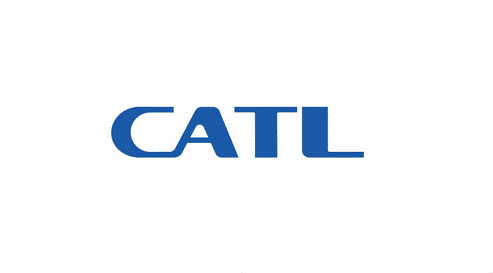FRANKFURT/BRUSSELS/BEIJING — China’s lead in global battery manufacturing continues to grow, while Europe’s efforts to build a competitive battery cell industry are faltering. The recent financial collapse of Swedish startup Northvolt is more than an isolated failure—it’s a symptom of deeper, systemic challenges facing the European Union’s strategy to develop a local supply chain for battery technology. And so far, there is no unified response among stakeholders on how to address the growing gap.
Strategic Confusion: No Clear Consensus in Europe
Despite the increasing urgency, reactions from automotive executives, economic experts, and consulting firms vary widely—and often contradict each other.
“Batteries are critical across many industries, not just electric vehicles,” says Achim Kampker, professor of electric mobility production at RWTH Aachen. “If we lose competitiveness in this area, we’ll fall behind in aviation, shipping, medical tech, and stationary storage as well.”
A spokesperson for the German Association of the Automotive Industry (VDA) echoes this concern: “Battery technology and the rapid establishment of supply chains are essential for maintaining Europe’s global competitiveness in the automotive sector.” The vision is to position Germany and Europe as innovation hubs and production centers for advanced battery systems. But the reality tells a different story.
Only 2 of 27 Announced Projects Operational
A recent investigation by Frankfurter Allgemeine Zeitung reveals that just 2 of the 27 announced European battery cell production plants are currently operational. A third, Volkswagen’s Salzgitter facility, is expected to begin limited production later this year. Six more plants are under construction. In total, these nine facilities would yield 314 GWh in annual capacity.
However, 18 of the 27 projects—two-thirds—have either collapsed or been indefinitely postponed, due to insolvency, construction halts, or financing gaps. That means only 11% of Europe’s once-planned battery production capacity is functioning, while 69% has been canceled or delayed.
This is a stark contrast to the original ambition: a combined annual output of 1,031 GWh was envisioned—enough to equip millions of electric vehicles.
Market Demand Covered by Asian Giants
Currently, the European market’s modest demand for EVs is largely met by Asian producers. Korean and Chinese manufacturers supply 207 GWh, while additional Chinese-backed plants in Hungary and Spain are expected to contribute another 178 GWh in the coming years.
European battery cell production lags significantly in both scale and cost competitiveness. A 2024 analysis by Berylls Strategy Advisors shows that a battery manufactured in China is, on average, 24% cheaper than one produced in the U.S. and 33% cheaper than a European battery.
Structural Advantages Power China’s Rise
China’s dominance is supported by several strategic advantages:
- Government-backed investment and political commitment to battery innovation
- Secured access to global raw materials
- Favorable energy costs and large-scale production economies
“New investments in European cell production are difficult to justify,” says Andreas Piontek, partner at Berylls. “By 2030, we expect global battery supply to exceed demand by more than threefold. Current global production capacity is already four times greater than market needs.”
China, on the other hand, is transitioning rapidly to next-generation battery technologies, including solid-state and sodium-ion batteries, and continues to build industrial capacity with state subsidies and resource allocation that Europe has struggled to match.
Industry Outlook: Realism Replaces Optimism
Thomas Puls of the German Economic Institute (IW) warns that even though batteries are likely to become the most crucial component in future supply chains, a European manufacturing footprint may remain unrealistic. “Given current economic headwinds and the shaky profitability of EVs, battery cell production may be desirable—but not feasible under existing conditions.”
Urgent Rethink Required
The collapse of Northvolt is not just a company’s failure—it’s a strategic red flag for Europe. While China continues to surge ahead, benefiting from scale, integration, and state direction, Europe remains divided and underperforming. Unless a coordinated, well-funded, and politically supported battery strategy is adopted soon, the continent risks falling irreversibly behind in one of the most vital industrial arenas of the 21st century. (zai)
Sources: Reuters, Berylls Strategy Advisors, VDA, RWTH Aachen, IW Germany, IEA, European Battery Alliance.

